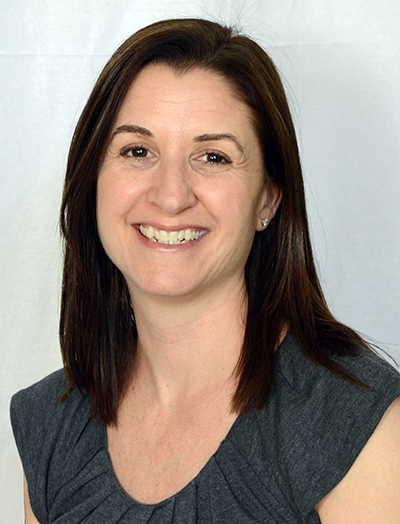Description
Webinar Overview:
In the past 20 years, there has been an increasing emphasis on understanding mental illnesses as disorders of the brain. This webinar will provide a review of basic neuroscientific methods and help viewers become more critical consumers of neuroimaging publications. It will highlight recent research on pediatric irritability as an example of how neurocognitive research has helped to define a distinct group of children and inform novel interventions, and integrating neuroscientific findings with more traditional psychological methods to improve the characterization and treatment of child mental illness.
By participating in this webinar a participant will be able to identify methods used to assess the brain’s response to specific behavioral probes; identify specific criteria for critically reading neuroimaging research; understand the brain’s different regional responses to Bipolar disorder and server mood dysregulation (SMD); identify regions in the brain that are associated with a computerized hostile interpretation bias intervention for DMDD and the reward processing that has shown altered function in irritable youth.
Learning Objectives
1. Explain how neuroimaging methods are used to assess brain structure and function.
2. Become a critical reader of neuroimaging research.
3. Recognize the utility of brain-based models to distinguish child clinical disorders and develop interventions.
View Slides
Discuss in Forum
About the Speaker
 Dr. Amy Krain Roy received her B.A. in Psychology from Princeton University, and her Ph.D. in Clinical Psychology from Temple University. Dr. Roy completed a T32 Post-Doctoral Fellowship in the Department of Child and Adolescent Psychiatry at NYU Langone School of Medicine and remained there as an Assistant Professor. In 2011 she joined the faculty of the Department of Psychology at Fordham University as an Associate Professor. Dr. Roy has received research funding from private foundations such as the Brain and Behavior Research Foundation (formerly NARSAD), and the National Institute of Mental Health. Her research focuses on understanding the neurobiological underpinnings of emotion dysregulation in youth. Specifically, she uses resting state functional MRI to examine emotion regulation circuitry in young children with significant irritability as evidenced by severe temper outbursts. Dr. Roy also collaborates with Drs. Tracy Dennis-Tiwary at Hunter College and Dr. Carrie Masia-Warner at Montclair State University on a multimodal study (behavioral assays, EEG, functional MRI) of anxiety-related attentional bias in adolescents.
Dr. Amy Krain Roy received her B.A. in Psychology from Princeton University, and her Ph.D. in Clinical Psychology from Temple University. Dr. Roy completed a T32 Post-Doctoral Fellowship in the Department of Child and Adolescent Psychiatry at NYU Langone School of Medicine and remained there as an Assistant Professor. In 2011 she joined the faculty of the Department of Psychology at Fordham University as an Associate Professor. Dr. Roy has received research funding from private foundations such as the Brain and Behavior Research Foundation (formerly NARSAD), and the National Institute of Mental Health. Her research focuses on understanding the neurobiological underpinnings of emotion dysregulation in youth. Specifically, she uses resting state functional MRI to examine emotion regulation circuitry in young children with significant irritability as evidenced by severe temper outbursts. Dr. Roy also collaborates with Drs. Tracy Dennis-Tiwary at Hunter College and Dr. Carrie Masia-Warner at Montclair State University on a multimodal study (behavioral assays, EEG, functional MRI) of anxiety-related attentional bias in adolescents.
American Psychological Association Division 53: Society of Clinical Child and Adolescent Psychology is approved by the American Psychological Association to sponsor continuing education for psychologists. Division 53 maintains responsibility for this program and its content. For registration questions, contact Sonja Wiggins, MBA, APA Division Services Office, at swiggins@apa.org or 202-336-5590.


